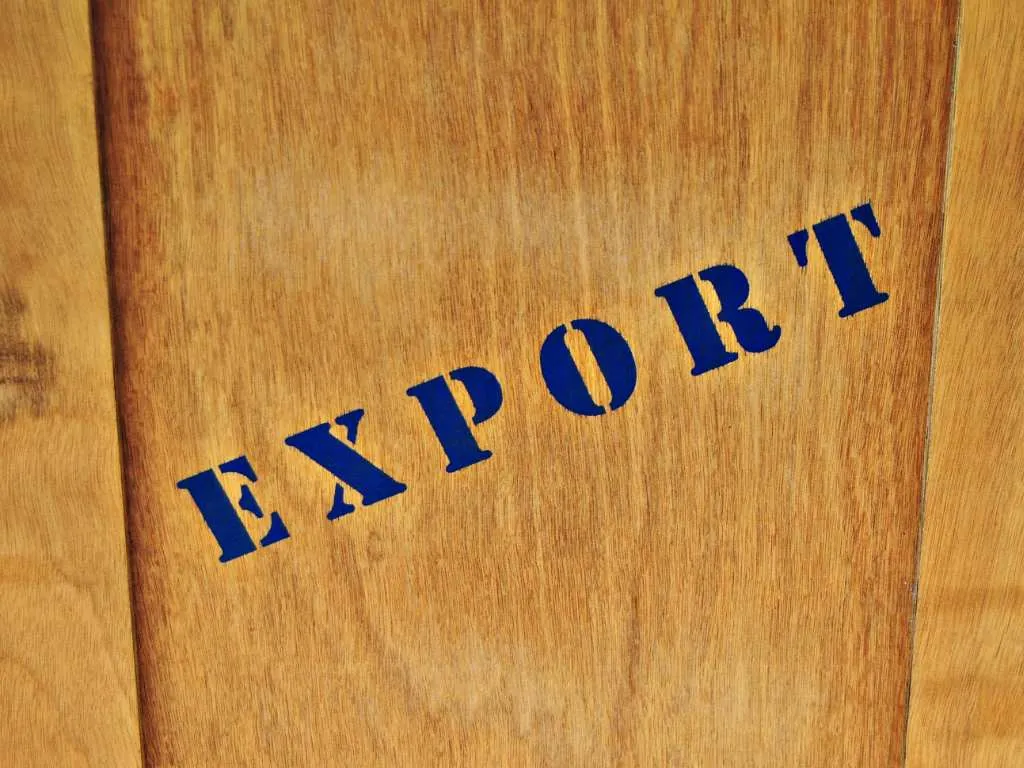News Details

Canada Launches Consultation on Proposed Amendments to the Export Control List Regulations – Share Your Input
Environment and Climate Change Canada (ECCC) has launched a public consultation on proposed amendments to the Export of Substances on the Export Control List Regulations. The consultation will runs from December 16, 2024, to March 1, 2025, and seeks feedback on changes to improve regulatory clarity, reduce administrative burdens, and enhance Canada’s compliance with international agreements.
Background and Regulatory Evolution
First introduced in 2013 under the Canadian Environmental Protection Act, 1999 (CEPA), the regulations were designed to fulfill obligations under international conventions such as the Rotterdam Convention, the Stockholm Convention, and the Minamata Convention. Incremental amendments were made in 2017 to incorporate mercury controls and in 2018 to regulate asbestos exports. However, a comprehensive review in 2024 revealed areas for improvement, prompting the current proposed amendments.
Key Objectives of the Proposed Amendments
The proposed amendments aim to address three primary issues identified during the review process: a lack of clarity and readability in the regulations, the administrative burden associated with export notifications, and challenges in effectively implementing Canada’s obligations under international conventions. To address these issues, ECCC has published a consultation document to gather feedback from stakeholders and the public on how to effectively modernize and streamline the regulatory framework.
Structure and Scope of the Export Control List
The Export Control List (ECL), which forms the basis of the regulations, categorizes substances into three parts.
-
Part 1 substances are prohibited for use in Canada and may only be exported for destruction or under specific ministerial direction.
-
Part 2 substances require notification or consent from importing countries under agreements such as the Rotterdam Convention.
-
Part 3 substances are subject to domestic restrictions but may still be exported under certain conditions.
The regulations aim to ensure that exports comply with Canada’s domestic and international commitments.
Proposed Changes to Improve Clarity and Readability
One significant focus of the amendments is to improve the clarity and readability of the regulations. This includes reorganizing the text to group similar provisions together, simplifying the language, and ensuring that exporters can easily identify prohibited activities. For instance, provisions related to the Minamata Convention, which currently appear later in the regulations, would be moved earlier for better visibility. The proposed changes also include standardizing terminology across provisions, such as those related to laboratory use exemptions.
Simplifying the Export Notification Process
Another key area of reform is the simplification of the notification process for exporting substances. The current system requires exporters to submit detailed notices of proposed export, including estimated quantities, which can be burdensome, especially for substances found in multiple products. The ECCC proposes to allow exporters to submit a single notice for multiple shipments within a calendar year and to remove the requirement to estimate quantities for certain scenarios. These changes are intended to reduce the administrative burden while maintaining the necessary oversight to meet regulatory objectives.
Modernization Efforts
Modernization is also a priority in the proposed amendments. The ECCC seeks to integrate electronic submission systems and update definitions to align with other federal regulations. These efforts are designed to make compliance more efficient and user-friendly for stakeholders.
Strengthening Compliance with International Conventions
The amendments also focus on strengthening Canada’s compliance with international conventions. Under the Stockholm Convention, for example, the proposals include the collection of additional information for exports of persistent organic pollutants (POPs) intended for destruction, such as details about the disposal facility and method. For the Rotterdam Convention, the ECCC suggests streamlining the permitting process to ensure that all exports requiring prior informed consent are adequately monitored. Similarly, the amendments propose stricter controls on mercury-containing products under the Minamata Convention to align with domestic regulations and international obligations.
How to Submit Feedback
The ECCC is inviting stakeholders to provide feedback on these proposals, including suggestions for further improvements. Specific questions have been raised regarding the clarity of the regulatory language, the challenges faced in submitting notices, and additional scenarios where regulatory requirements could be streamlined. The input gathered during this consultation will be used to inform the final amendments, which are expected to be published in the Canada Gazette after March 2025.
Submissions can be made via email or phone, and stakeholders are encouraged to review the accompanying guidance documents for detailed information. This consultation is an important opportunity to shape the future of Canada’s export control regulations to ensure they remain effective, efficient, and aligned with international best practices.
We acknowledge that the above information has been compiled from Government of Canada.

 Twitter
Twitter
